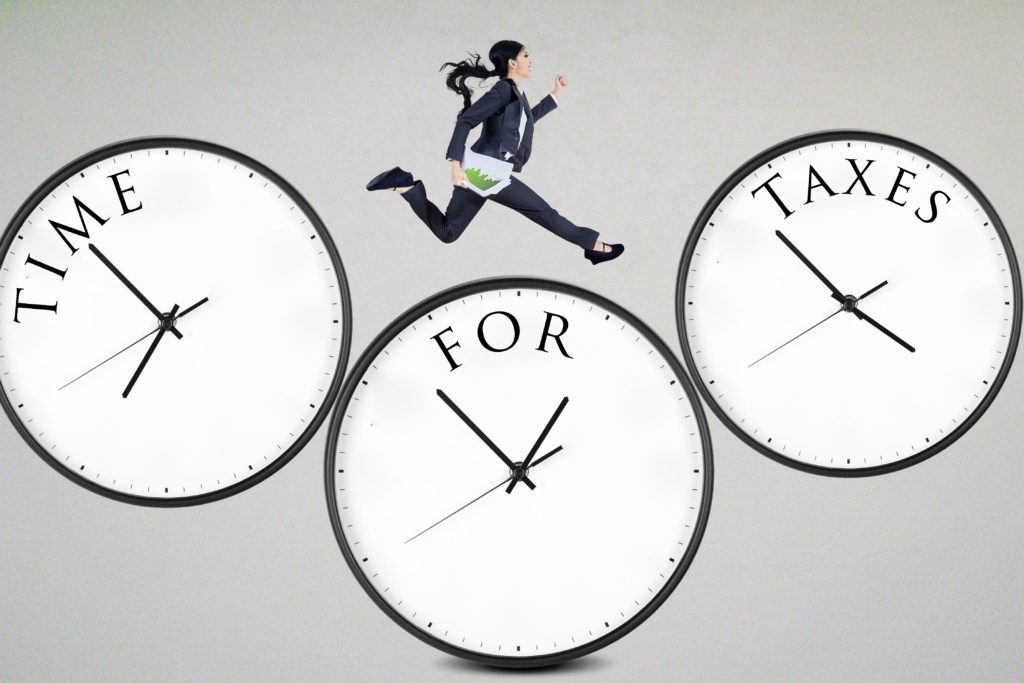
Life as a small business owner has many perks. You get to do what you love, set your own hours, choose the clients you work with and genuinely make a difference in people’s lives.
But there are some elements that aren’t so glamorous. Like doing your own taxes.
It’s one of those tasks that most business owners hate, either because it’s too time-consuming, or they don’t have the skills to handle it properly. In fact, a study by the Government found that tax was one of the top challenges small businesses face in the UK every year. And honestly, it’s not hard to understand why.
Why Do I Need to Plan for My Tax Bill?
Whether you like doing your taxes or not, it’s something you must do as a small business owner. There’s really no way around it. So instead of ignoring it or pretending it doesn’t exist for most of the year, you need to be planning for it. The main reason for this is simple – at some point a tax bill is going to flutter in through the letterbox, demanding money from you. And if you haven’t planned accordingly, that could have a huge impact on the financial health of your business and on your cash flow. There are some other reasons too, like avoiding the late fees from missing the filing deadline and keeping your accountant from pulling their hair out in frustration when you present them with the paperwork the day before the filing deadline. It’s also just good business sense and is no different from ensuring you have enough products to fill an order or enough time to complete a service.
But how do you plan for your tax bill?
What’s My Tax Bill Going to Be?
The first thing you need to work out is roughly what your tax bill will be. I can’t tell you exactly what that is without looking further into your business, but I can help you work it out.
First, tax isn’t due on all of the income into your business – only the profit.
To work this out, you need to take your income and work out what you can deduct from it. Broadly speaking this means that the costs you incur on a client’s behalf, running costs and expenses like mobile phone bills, utilities and even chunks of rent can all be deducted, providing they’re related to business activities. If you’re working from a home office, you can also claim something called ‘use of home’, which represents a percentage of your household bills, energy and water that enable you to work from home.
Working out what you can and can’t deduct as a business expense isn’t always straightforward though, and it’s not uncommon to see small business owners pouring over their receipts trying to work it out. And a lot of business owners still end up reporting too high and paying too much tax because they’ve miscalculated their expenses. It’s one of the main reasons we recommend working with a bookkeeper and an accountant to get your tax return in order before you submit it.
How’s It Worked Out?
Tax As a Sole Trader
If you’re a sole trader, your tax works very similarly to an employee. You have a personal allowance of tax-free earnings, and anything you earn above this threshold is taxed at gradually higher rates. The more you earn, the higher the tax band. The tax bands change every year, so you can find the most up to date tax bands here. It’s also important to remember that if you earn over £125,140 a year, you won’t get a personal allowance.
Another thing you need to keep in mind is your National Insurance contributions. As a sole trader, you will be required to pay two types: Class 2, which is £3.45 a week, (mandatory if you make over £12,570)) and Class 4 (applicable on profits over £12,570). For Class 4 NI, it’s calculated as a percentage of your profits – 9% on anything between £12,570 and £50,270, and 2% on anything over that.
Tax As a Limited Company
As a limited company, your tax will work a little differently, and is a bit more complicated to work out. For a start, you’re not only liable for tax on your company profits (corporation tax), but for your compensations as an employee as well. Your personal tax works in exactly the same way as a sole trader, and your NI contributions come out of your pay packet each month, with the deductions taken out using PAYE. Corporation tax is based on your company profits and is currently 25%.
A great way to make sure you have enough in the bank to cover your corporation tax is to put a percentage of your profits into a separate savings account every month – usually around 30%.
All of this might seem complicated, but don’t worry, you have help. At GB Bookkeeping, we work closely with small business owners to help them keep track of their financial records and make preparing for your tax bill as easy as possible. With our help, you can be well prepared for your tax bill, and avoid many sleepless nights. For more information, all you need to do is get in touch with us.
